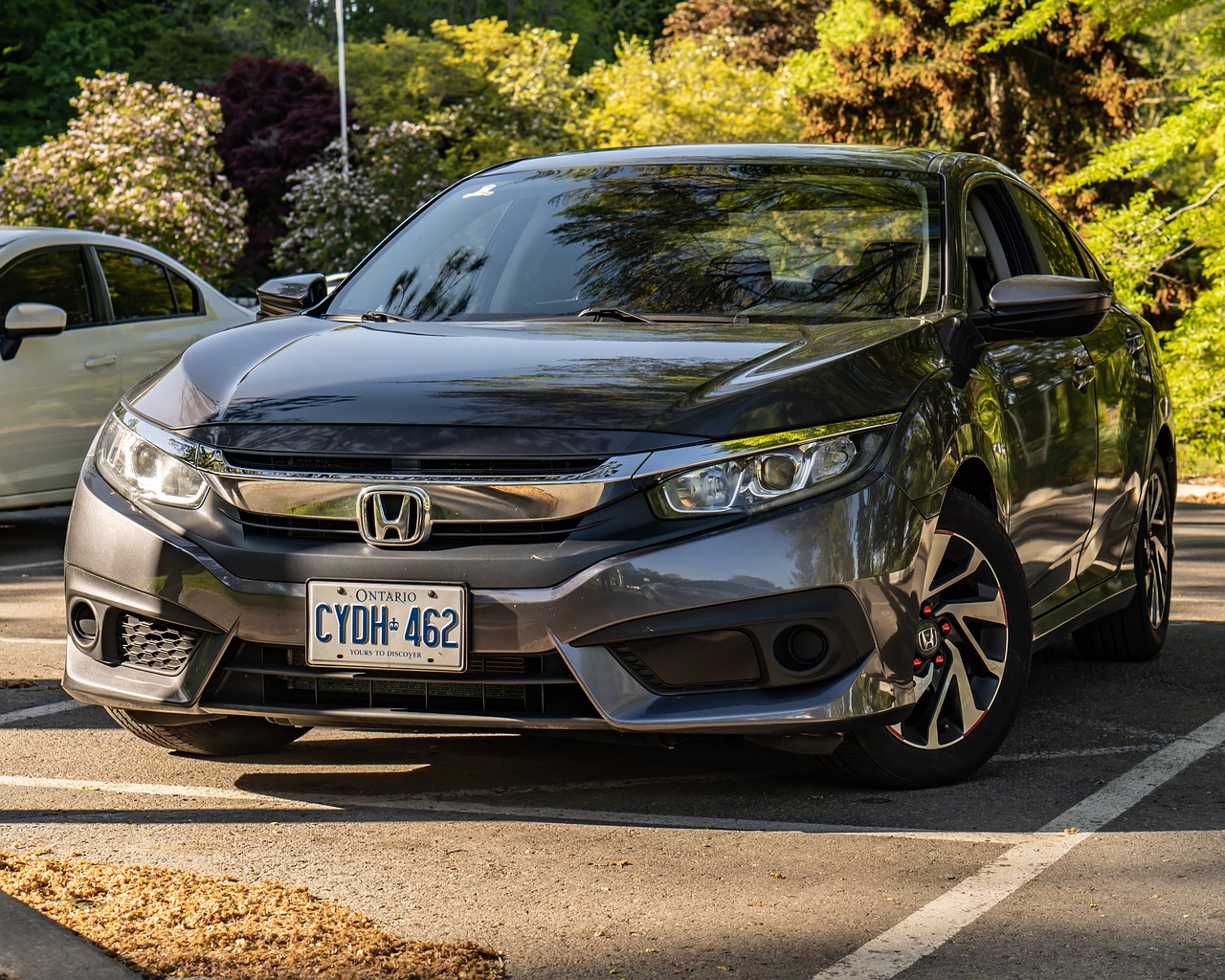The Psychology of Car Racing: Risk, Adrenaline, and Competition
Car racing is an exhilarating sport that demands not only physical skill and precision but also mental strength and fortitude from its participants. The intense focus and concentration required to navigate high-speed turns and react swiftly to changing conditions can push drivers to the limits of their mental endurance. These psychological factors play a crucial role in determining a racer’s success on the track, influencing their decision-making, reaction times, and ability to remain calm under pressure.
The competitive nature of car racing can also put a significant strain on a driver’s mental well-being, leading to heightened levels of stress and anxiety. The constant need to perform at a high level, coupled with the inherent risks involved in the sport, can take a toll on a racer’s mental health. Managing these psychological challenges effectively is essential for drivers to maintain their competitive edge and perform at their best on race day.
The Thrill of Speed and Danger
Racing enthusiasts often find themselves drawn to the adrenaline-pumping combination of speed and danger that characterizes the sport. The thrill of pushing the limits, both in terms of velocity and risk, creates a unique and exhilarating experience for drivers and spectators alike.
The prospect of hurtling around a track at breakneck speeds, inches away from fellow competitors, is a potent mix of excitement and danger. The inherent risks of crashes and collisions only serve to heighten the sense of thrill and keep participants on the edge of their seats.
What psychological factors contribute to the thrill of car racing?
The thrill of car racing is often attributed to a combination of factors such as adrenaline rush, risk-taking behavior, competitive drive, and the sense of control and mastery over a high-speed vehicle.
Why do some people find the danger of car racing appealing?
Some individuals may find the danger of car racing appealing because it provides a sense of excitement, challenge, and the opportunity to push their limits in a controlled environment.
Is car racing inherently dangerous?
Car racing can be dangerous due to the high speeds involved, close proximity of vehicles on the track, and the risk of collisions. However, safety measures and regulations are in place to minimize these risks.
How do professional car racers manage the psychological aspect of the sport?
Professional car racers often undergo mental training and preparation to stay focused, manage stress, and make quick decisions on the track. They also rely on experience, skill, and teamwork to navigate the challenges of the sport.
What should spectators keep in mind while watching car races?
Spectators should always follow safety guidelines, stay behind designated barriers, and respect the rules and regulations of the event. It’s important to remember that car racing is a high-speed sport with inherent risks involved.





